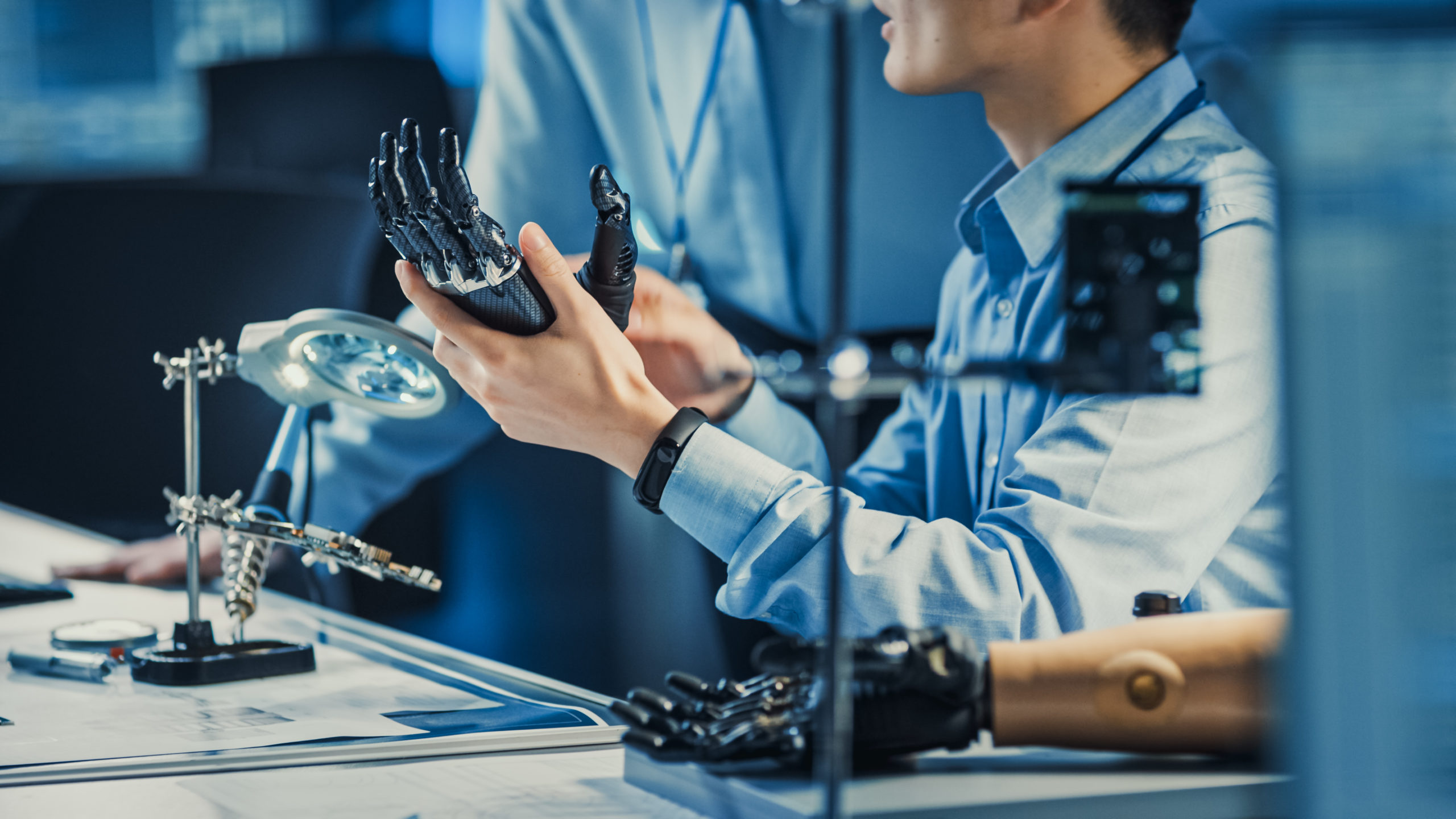Companies doing business in the United States can protect most types of intellectual property through registration with the U.S. Patent and Trademark Office (USPTO) or the U.S. Copyright Office. But, there is one major exception: Trade secrets are not eligible for registration. Instead, companies must protect their trade secrets through other means, as Alabama intellectual property lawyer Hunter Adams explains below.
Trade Secrets
A trade secret is any information that derives value by virtue of it being unknown, including recipes, product plans, and customer lists, among many others. Trade secrets can be extremely valuable for companies that hold them. A particularly famous example is the recipe for Coca-Cola, which for many years was kept in a locked vault in Atlanta. On the other hand, loss of trade secret protection can be financially devastating, potentially even driving a company out of business. But not all losses of trade secrets are legally actionable; some, such as those that occur as a result of reverse engineering, are generally legal, as an Alabama IP litigation lawyer explains.
There are four primary types of intellectual property protection: patents, trademarks, copyrights, and trade secrets. While it is easy to get the various forms confused, perhaps none inspire more confusion and uncertainty than trademarks and trade secrets. One could be forgiven for assuming that, because they both contain the word “trade,” they must be similar or cover similar types of intellectual property assets. But trademarks and trade secrets are actually quite different, protecting radically different types of assets. In fact, trademarks and trade secrets have nothing to do with each other, as an Alabama intellectual property lawyer explains.
As advancements are made in the medical industry, inventors of medical devices need to be aware of the importance of ensuring their intellectual property (IP) is adequately protected. Perhaps the best way to demonstrate why IP protection is essential is to examine the different types of IP protection and how they apply to medical devices, and what can happen when companies forgo the important first step of properly protecting their devices and processes for medical device IP.

The world we live in is constantly evolving, and the commercial, technological landscape is growing by leaps and bounds. In fact, 84% of the value of S&P 500 companies in 2018 consisted of intangibles, such as intellectual property (IP) rights. As a result, it is difficult for investors to ignore the many advantages of investing in IP.


